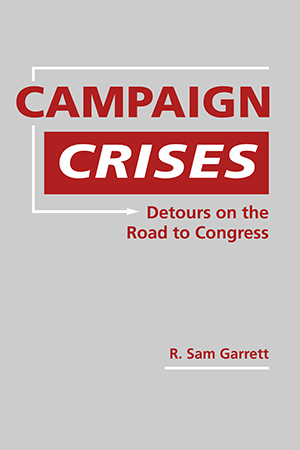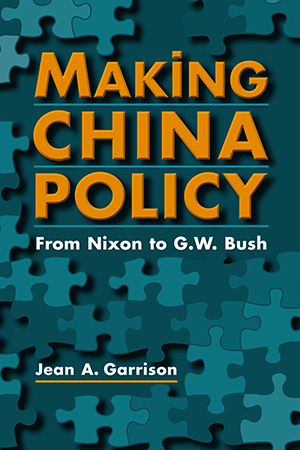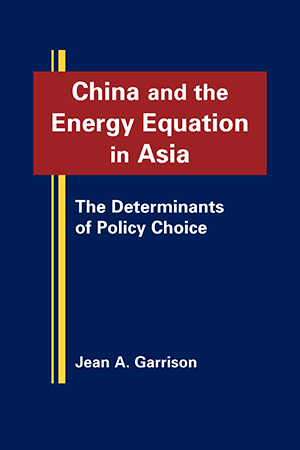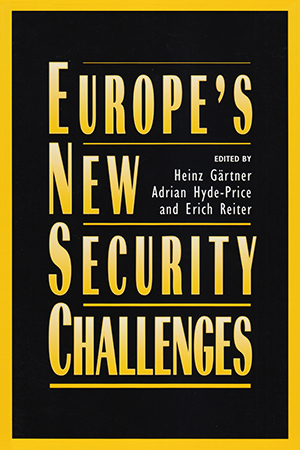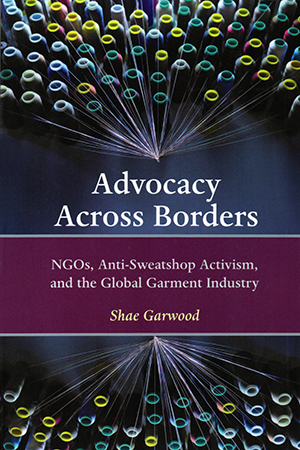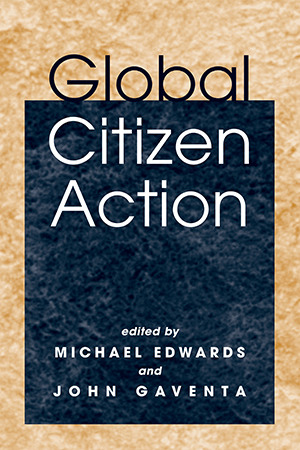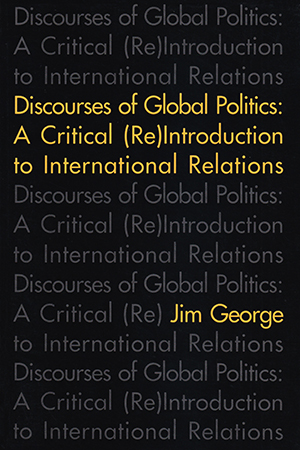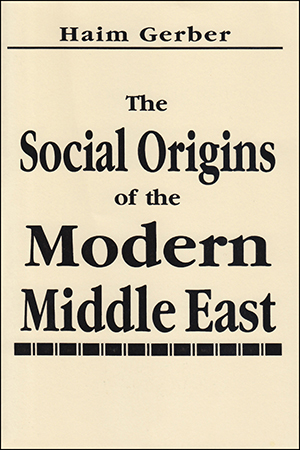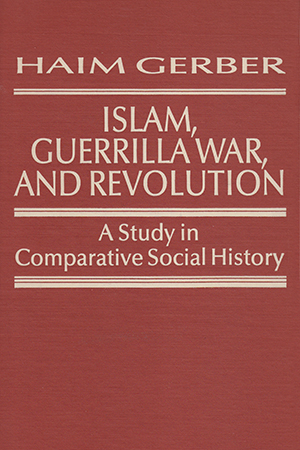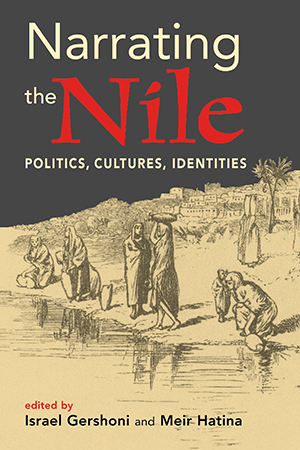BOOKS
Choice Outstanding Academic Book! How do sleepy congressional campaigns become heated battles? What happens behind the scenes during pivotal moments? Sam Garrett explores the dynamic More >
What explains the twists and turns in US-China relations since Richard Nixon initiated a policy of engagement in the early 1970s? Addressing this question, Jean Garrison examines the More >
Why does China act as it does in its pursuit of energy security? Are “resource wars” inevitable? Going beyond traditional analyses that focus on China as a regional and global More >
A central point of controversy among both academics and policymakers is the nature and significance of security in the post–Cold War world. Engaging that discussion, this original More >
Particularly compelling reading after the April 2013 building collapse that killed more than 1,000 garment workers in Bangladesh, Advocacy Across Borders explores the strategies, More >
Less than ten years ago, there was little talk of civil society in the corridors of power. But now, the walls reverberate to the sound of global citizen action—and difficult questions More >
An unusual combination of synthesis and original scholarship, this new text considers the contemporary agenda of international relations within a broad historical-philosophical More >
Elaborating on Barrington Moore's theory of the agrarian origins of civilization, Gerber traces the effects of the Ottoman socioagrarian structure on political formation and revolution More >
Haim Gerber addresses the phenomenon of radical revolution within Islam, seeking both to understand a certain type of revolution and to discover whether there is a typical Muslim response to More >
The authors of Narrating The Nile seek to encourage the study of Egypt, Sudan, and Ethiopia not only as autonomous entities, but also as part of the Nile region, a shared theater of More >



